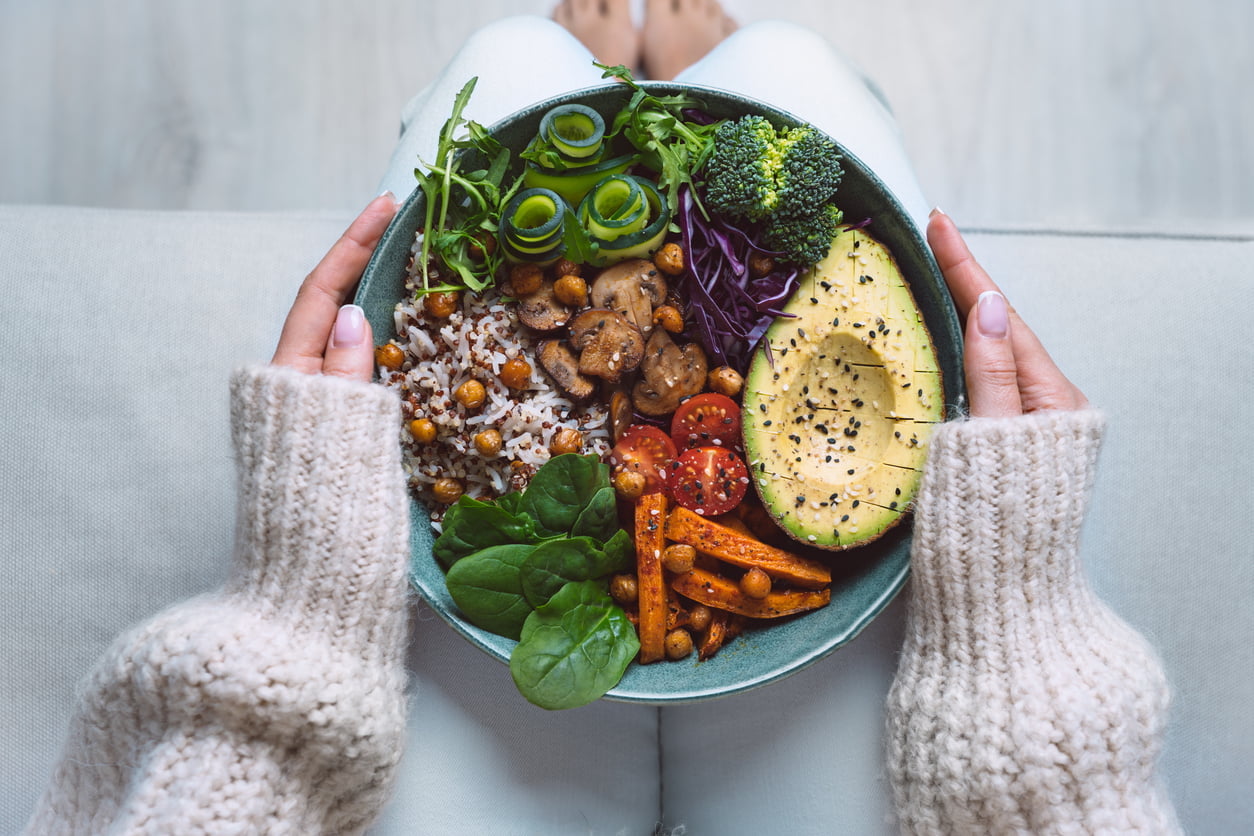As important as what to eat is what not to eat. Dr Laurie Mischley, #PANC2025 Keynote speaker, has identified several foods associated with statistically significant, faster-than-average Parkinson’s progression, including dairy, beef, fried foods, soda, canned fruits, and canned vegetables.
Dr Mischley, is a naturopathic physician and nutritional neuro-epidemiologist. For the past decade, she has been tracking 2,000 people with Parkinson’s to determine how foods, vitamins and minerals are impacting the rate of progression. Basic advice is to eat a rainbow on your plate. Some easy adds to your diet can include coconut oil, fresh fruit and veg, nuts and seeds. Organic and local foods matter, too.
Shifting the bulk of your protein towards the end of the day, or at least 45 minutes before or after taking c/l medication can also help the levodopa work better. See a nutritionist or dietician to make a plan specific to your needs.
Resources
The 2025 Parkinson’s Australia National Conference (#PANC2025), theme is CONNECTION: Click HERE to find out more, book tickets, find hotels, see our speakers and peruse the program.
Dr Laurie Mischley’s Living Healthy with Parkinson’s site and information
